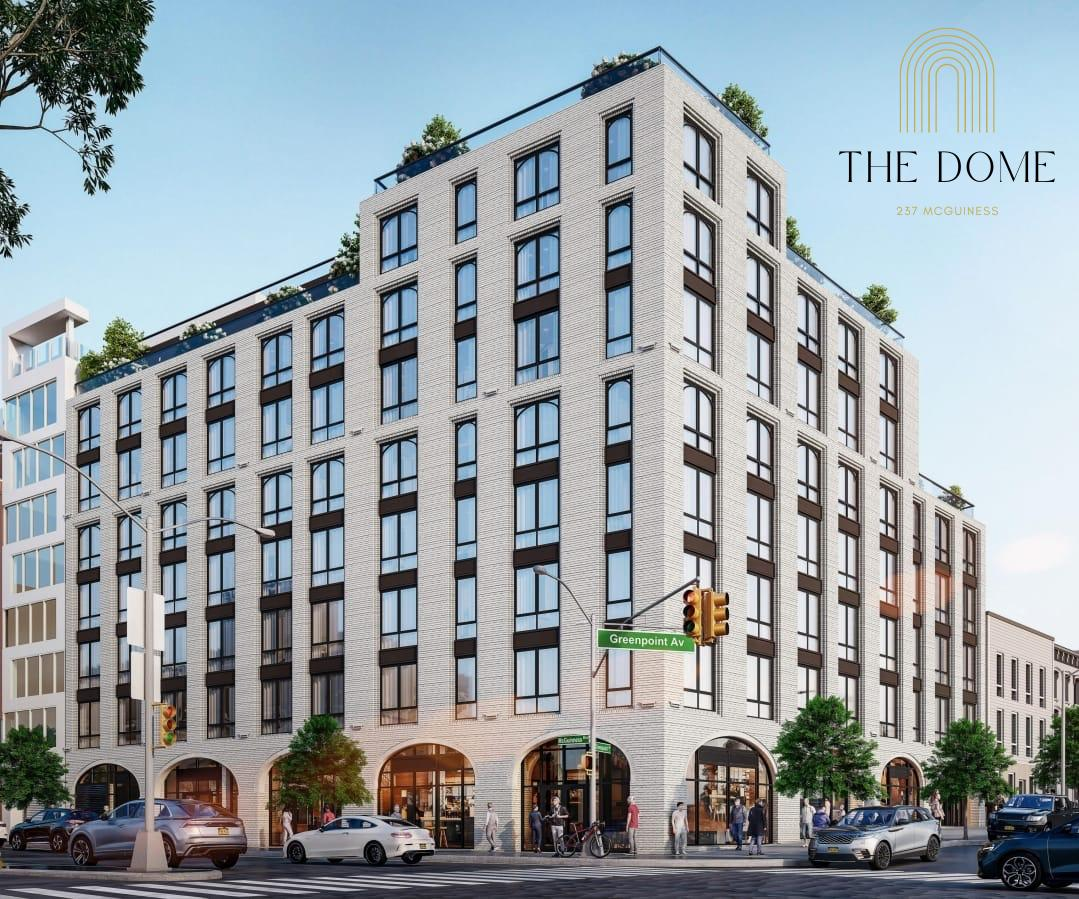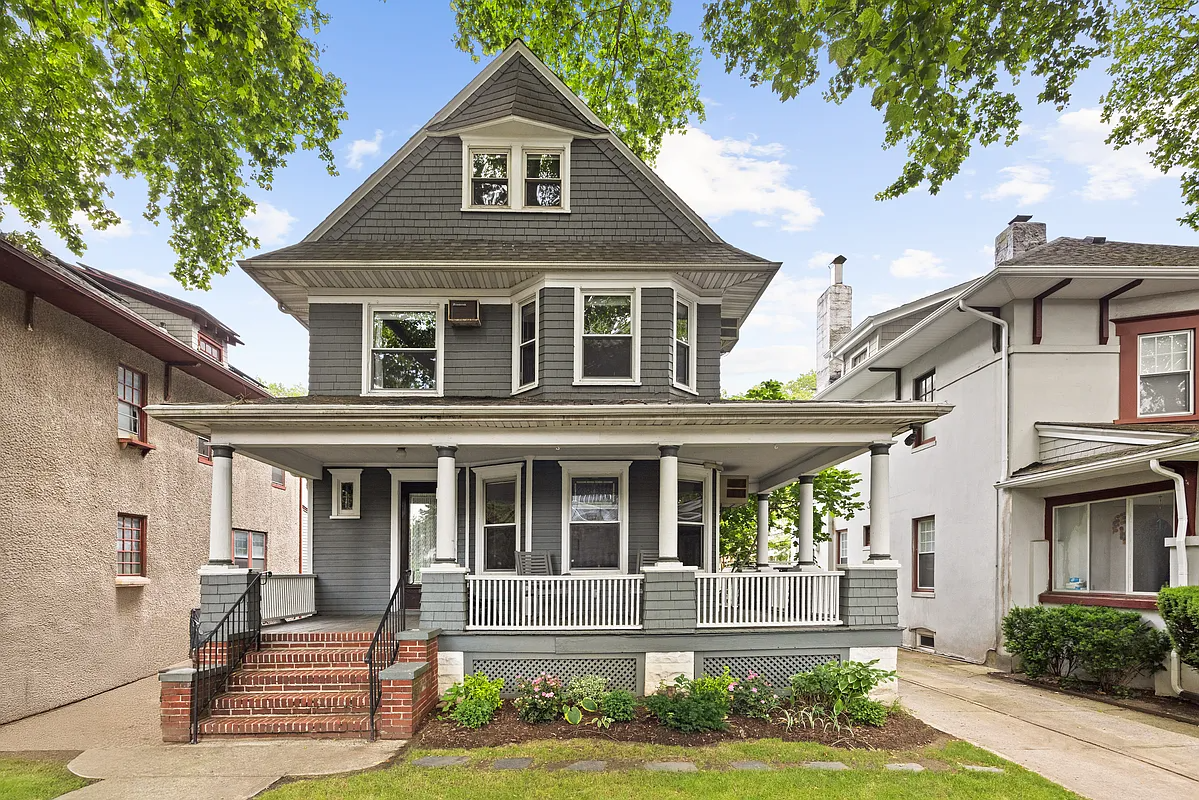New Rules for First-time Home Buyers
The New York Times this weekend joined throngs of other analysts and media outlets in pointing out that there are multiple culprits to the financial collapse that is now a year old—and that we, in addition to bankers and brokers or lax government officials, are partly to blame. People had fallen into the habit of…

 The New York Times this weekend joined throngs of other analysts and media outlets in pointing out that there are multiple culprits to the financial collapse that is now a year old—and that we, in addition to bankers and brokers or lax government officials, are partly to blame. People had fallen into the habit of stretching their finances to buy as much house as possible for their first-time buy, the Times says, and the paper offers seven new rules of buying to replace this and other unreliable maxims of real estate. It begins with the basics—put 20 percent down, get a fixed-rate mortgage, and don’t spend more than 35 percent of your pretax income on your mortgage, property tax, and home insurance—and continues with more detailed advice such as mapping out your expenses and forecasting your future income. It’s more than we can reproduce here, but the full article is worth a read.
The New York Times this weekend joined throngs of other analysts and media outlets in pointing out that there are multiple culprits to the financial collapse that is now a year old—and that we, in addition to bankers and brokers or lax government officials, are partly to blame. People had fallen into the habit of stretching their finances to buy as much house as possible for their first-time buy, the Times says, and the paper offers seven new rules of buying to replace this and other unreliable maxims of real estate. It begins with the basics—put 20 percent down, get a fixed-rate mortgage, and don’t spend more than 35 percent of your pretax income on your mortgage, property tax, and home insurance—and continues with more detailed advice such as mapping out your expenses and forecasting your future income. It’s more than we can reproduce here, but the full article is worth a read.
Seven New Rules for the First-Time Home Buyer [NY Times]
Photo by triada53





Well although the rules are good or bad, new home buyers must need to get into all the information they need to avoid trouble in the future. I saw more stats of foreclosure problem in specialists websites like http://www.foreclosurelistings.com/
So, Dipster, sounds like you want one of those Williamsburg FHA babies! (FHA provides its own PMI.) Assuming your income is what I think it is, all you gotta do is temporarily get your rent down to $1000 or so a month. Then you can sock away $1000 every month, and in just eight months or so, you’ll be all set.
I know someone who just got a very small studio in the West Village for $1200/month. You don’t want someplace too far out so you don’t blow your savings on taxis. Cooking at home on Sundays inexplicably seems to help too.
Puh-leaze. There are plenty of starter apts in NYC for $200,000. Need more family-size two-family brownstones for $400,000 though! 🙂
“But you won’t be able to save because most likely you won’t have a job.”
Could be, but I don’t work in finance…
I actually subscribe to the 3-4x annual gross salary = reasonable housing cost theory, so if you think a ‘starter’ apartment in NYC should be 500k then what I’m hearing from you is that the minimum income for someone to buy a big studio/small 1 bedroom in NYC is $167,000 per year.
I think housing prices have a long long long way to go downward in NYC.
Maybe not in Brooklyn Heights, Cobble Hill, and Park Slope, but elsewhere… yeah, there is a lot of room to drop.
But I also believe Keynes is correct: the market can stay irrational longer than you can stay solvent, so I’m not sure prices will actually drop, but rationally they should.
“If the price of that ‘starter apartment’ drops from 500k to 250k, then you only have to save 50k.”
But you won’t be able to save because most likely you won’t have a job.
I agree w THL, we were almost forty when we bought our first non-vaca property. Not because we couldn’t have, but I didn’t want all my money in a single asset class.
The whole bubble can be defined in a single sentence, and Greenspan got it wrong. It applies to any investment class, and real estate is an investment.
“Nothing goes up forever”.
If you understand that, you’re set for life.
I’ll admit, am not a saver, but I will work hard for things I want.THL you are certainly admirable but VERY rare nowadays.
I couldn’t agree more with the previous posters who said financing 101 should be taught in our school systems. That, Home Ec,Nutrition and Estate planning should all come into the curriculum. It’s just ridiculous to keep teaching kids classes like Trig and US history III.
Lots of good info – thanks guys.
Now I know exactly why I’m too poor to own property. 😉
“If you buy a whole house, you definitely need substantial cash reserves in case of emergency repairs. Don’t you agree, THL?”
HECK YES! Especially these old houses. It’s NEVER as simple a fix as it initially seems. One things always leads to another.
If you buy a whole house, you definitely need substantial cash reserves in case of emergency repairs. Don’t you agree, THL?
Also, DH, in your calculations, you’re forgetting the cost of maintenance. Depending on the condo, could push up monthly costs to $2800 or so.